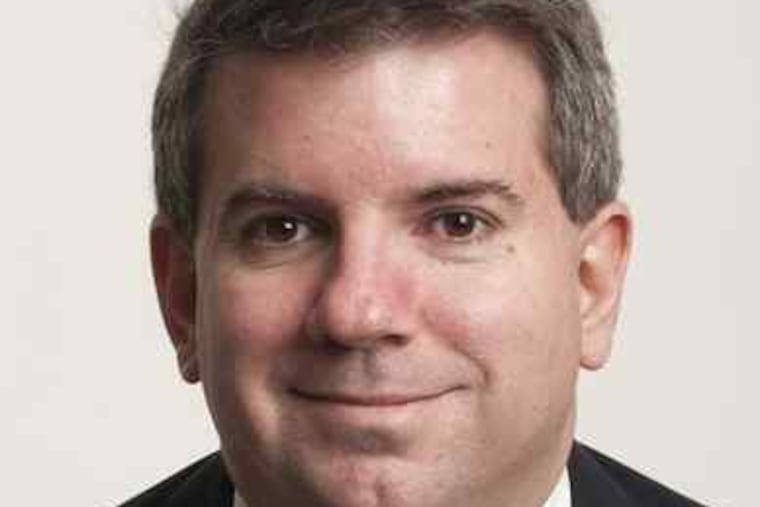Law Review: Employers looking for health-care answers
Now that President Obama has signed his health-care plan into law, employers are struggling to find out what that means for their businesses.

Now that President Obama has signed his health-care plan into law, employers are struggling to find out what that means for their businesses.
But for the moment, clear answers are as scarce as a dose of flu vaccine in a global pandemic.
Brian Pinheiro and Jean Hemphill are partners at Ballard Spahr L.L.P. and for years have focused on health care. They spend much of their time advising clients on how to structure health-care coverage and other benefits.
Both say they are convinced the president's plan will, in the end, bring down costs and greatly expand coverage.
But they also say, based on conversations with clients and their own understanding of the law, that there are a great many uncertainties about how people will be covered, how it will be financed and how, ultimately, employers will react.
What seems inescapable, they say, is that the American health-care marketplace likely will look vastly different when and if the plan is put into effect.
"It is an awful lot to swallow," Pinheiro said of the law's scope and complexity. "Everyone is trying to figure out what to do next. The clients who are more sophisticated are seeing this as a new world order for health care."
The immediate issue facing employers with health plans is the law's requirement that coverage be extended to young adults up to the age of 26.
That provision is set to take effect on Jan. 1, 2011, but Pinheiro and Hemphill say many clients are showing some interest in amending their plans so that this year's graduating college seniors and others can obtain coverage once they are out of school, traditionally the cutoff point for coverage.
The law is silent on how this is to be paid for, but they suspect the added cost of insuring new plan members will be spread evenly among health-plan participants, and not captured, as is currently the case in many states, simply by charging individual families a fee when they add a young adult.
Far more intriguing, though, is the feedback that they have been receiving from large employers with complex health and wellness plans.
Some health-care benefits managers have been telling Pinheiro that they see a future in which employers no longer provide coverage because the cost of dropping health insurance for employees, about $2,000 per person in federal penalties to employers, is far less than the current cost of providing family coverage, about $12,000 per employee.
"Clients who are very sophisticated and in the business of providing health benefits ask, 'What is my job going to be like in 10 years,'" Pinheiro said. "There is an opportunity to get out of providing health benefits to employees."
Hemphill, whose practice focuses in part on large employers who are self-insured and pay their employees' claims as they arise rather than purchase coverage from a health-insurer, are skeptical that coverage offered through the new insurance exchanges envisioned by the Obama plan will improve on what they are doing. Some of these employers are rightly proud of their plans because of their generous benefits, and they are useful tools in recruiting new employees.
But since the government would pick up much of the cost for low-income workers were they to go to the public exchanges, the incentives for retaining a company plan might erode. Indeed, she said, shareholders might reasonably ask why a company continued to offer such a plan when it could easily cut costs by sending employees to an exchange.
There are many potential permutations of this. Employers may choose to drop their own plans but help employees with the cost of purchasing insurance from the exchange.
Jack Calfee, a health-care analyst at the American Enterprise Institute, says he expects that employers will both drop coverage while bumping up employee compensation to help them buy their own coverage, an outcome that in his mind has the advantage of eliminating the employer as a middleman.
Of course the great unknown in all of this is what happens in the political arena. Republicans are vowing to repeal the package, while state attorneys general are challenging provisions in the federal courts. The outcome of these initiatives won't be known for some time.
Moreover, as Pinheiro and Hemphill point out, there are any number of tweaks that are likely to be made over time, if the package survives. One prime candidate for revision is the penalties for employers and individuals who fail to obtain coverage, which are very low and encourage employers to drop coverage.
They and other health-care lawyers are counting on all of these complexities to keep them busy for the foreseeable future.